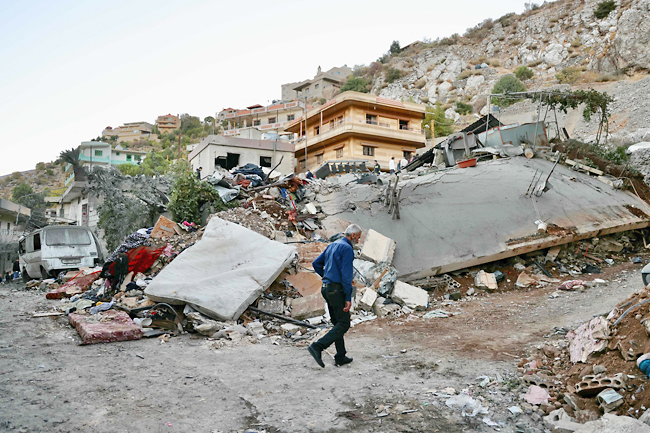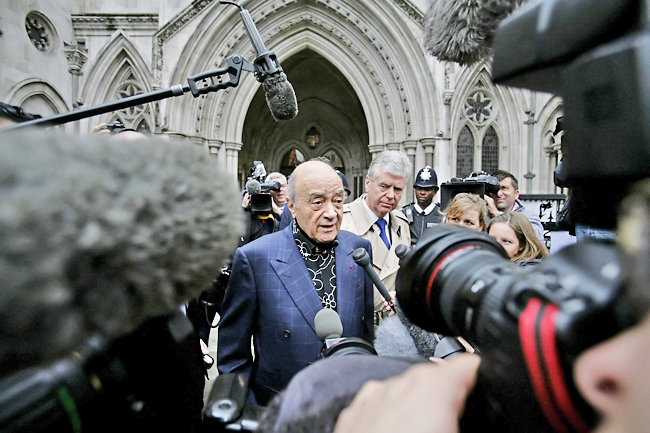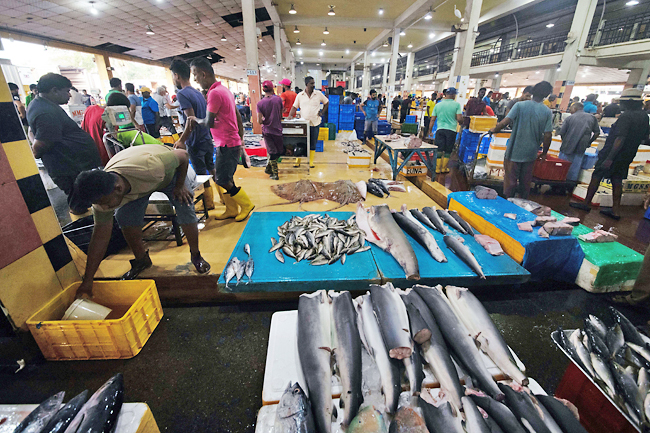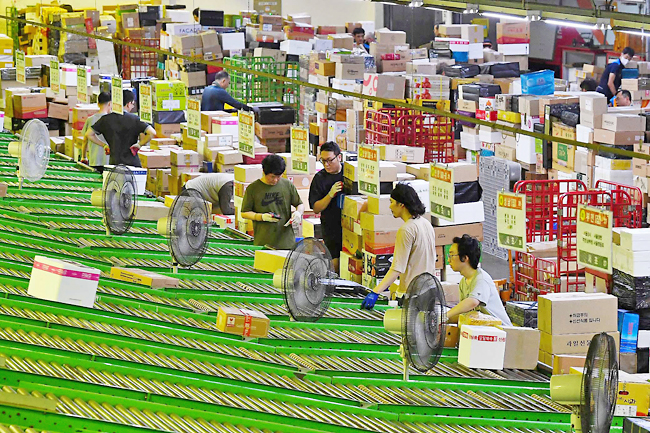BEIRUT (AFP) – Israel and Hezbollah traded fire yesterday after the United States (US) and its allies failed to secure a halt in clashes that have killed more than 700 people in Lebanon this week.
With top Israeli ministers rejecting a 21-day truce proposal, the spotlight is now on Prime Minister Benjamin Netanyahu.
Nearly a year into the war with Hamas in Gaza, Israel shifted its focus to its northern front with Lebanon. Since Monday, Israeli warplanes have bombarded Hezbollah strongholds around the country, sparking an exodus of around 118,000 people, according to the UN.
Yesterday, Lebanon’s National News Agency said Israeli air strikes had intensified overnight, and that one strike had killed a family of nine in south Lebanon.
Hours later, Hezbollah fired rockets into the north Israeli city of Tiberias, saying it was responding to “savage” strikes on Lebanese towns and villages. In nearly a year of violence, more than 1,500 people have been killed in Lebanon, according to the country’s disaster management unit.
The toll surpasses the 1,200 mostly civilians killed during the 2006 war between Israel and Hezbollah, which also killed around 160 people in Israel, most of them soldiers.
Since Monday alone, more than 700 people have been killed in Lebanon, according to the health ministry.
“Everything is collapsing around us,” said Lebanese businessman Anis Rubeiz, 55.
“People are tired mentally… I don’t see (hope) on the horizon… or even a ray of light.”
The exchanges of fire came after the US, France and other allies unveiled a truce proposal, after President Joe Biden and his French counterpart, Emmanuel Macron, met on the sidelines of the UN General Assembly in New York.
But Israeli Foreign Minister Israel Katz rejected the push, vowing to keep fighting Hezbollah “until victory”.
Netanyahu’s office said he had “not even responded” to the proposal, and that he had ordered the military “to continue the fighting with full force”.
The White House expressed frustration at the rejection, saying the truce proposal had taken “a lot of care and effort”.

















